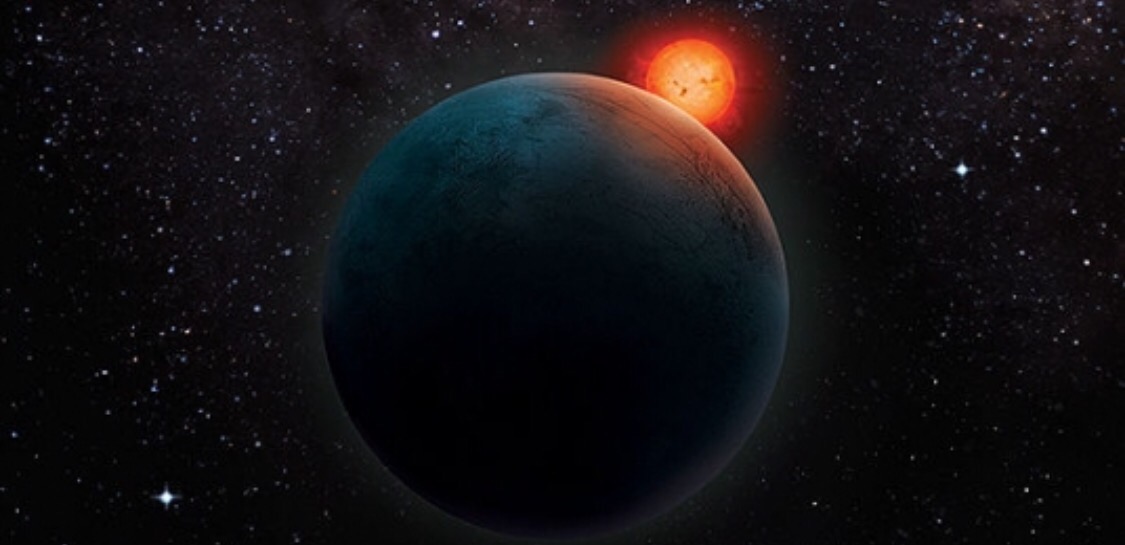Brave new worlds
New discoveries, intelligent devices and irrepressible dreamers are once again making space exciting.

It may turn out to be a bare and barren rock. The fact that liquid water could be flowing across the surface of the planet just discovered orbiting Proxima Centauri, the nearest star to the sun, does not mean that any actually is—nor for that matter that it has an atmosphere. The fact that water and air, if present, could make this new world habitable does not mean that it is, in fact, a home to alien life.
But it might be.
What is exciting about this new world is not what is known—which, so far, is almost nothing (see article). It is what is unknown and the possibilities it may contain. It is the chance that there is life beneath that turbulent red sun, and that humans might be able to recognise it from 40 trillion kilometres away. In the immense distances of space that is close enough to mean that, some day, perhaps, someone might send probes to visit it and in so doing glimpse a totally different form of life. In the thrill of such possibilities sits all that is most promising about the exploration of space.

If you want to read the entire excellent arricle, click here: Article from Economist
Source: The Economist
You must be logged in to post a comment.